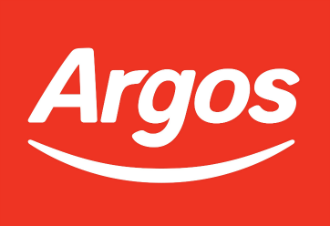 While the big internet companies are wringing their hands about being caught helping the US snoop on its citizens, there are some companies who are turning this into a money making opportunity.
While the big internet companies are wringing their hands about being caught helping the US snoop on its citizens, there are some companies who are turning this into a money making opportunity.
DuckDuckGo, a service that does not does not keep a record of searches or tailor them to what its users have looked for in the past, said it took the company four years to get one million searches a day, but this had tripled to three million in the eight days after the PRISM surveillance scandal broke.
A tweet from the company said: “It took 1445 days to get 1M searches, 483 days to get 2M searches, and then just 8 days to pass 3M searches.”
While this is nothing in comparison to Google, it could be the tip of the iceburg for companies who are concerned about the deals that US companies made with their government.
The Patriot Act, under which PRISM was developed, has already been helping fledgling European Cloud companies see off much larger US competition.
This is because the US companies would have to guarantee to the Europeans that their data will not leave Europe, otherwise they would have to give it to the US government. This created a rush to build European data centres to support US cloud operations in the “old country.” However there is still some concern that a strict interpretation of the Patriot Act could force those US suppliers to hand over foreign data whether it is stored in Europe or not.
While all this is a mess for the likes of Amazon and Microsoft, it is great news for European Cloud providers such as the French Sovereign Cloud.
While there are fears that local spooks might also want to look in corporate clouds, that is a better option that giving the data to a foreign power.
As F-Secure chief research officer Mikko Hypponen pointed out: “If you are going to have a Big Brother, it is better to have a domestic Big Brother than a foreign Big Brother.”
Meanwhile European Union could force US cloud suppliers to give up the European customers. At the moment they are asking the US some fairly sticky questions, and could turn to regulating the American cloud users from the market.
At very least, it could recommend that companies opt for European cloud providers instead. In Germany they take such recommendations very seriously. One security recommendation nearly killed off the use of Internet Explorer and gave Firefox a significant boost.
Telecoms groups such as Orange and Deutsche Telekom have announced that they are trying to exploit the concerns as they build their own cloud businesses.
Government agencies and municipalities, especially in more privacy-conscious countries such as Germany, are more likely to turn to local alternatives for cloud services.
Sweden banned Google Apps in the public sector over concerns that Google had too much leeway over how the data was used and stored and PRISM could be a final nail in the service’s coffin in that country.
 Quanta Computer, the world’s biggest laptop maker for hire, has slashed its tablet shipment forecast for 2013 from 20 million units to just 15 million. The reason? Cheap white-box tablets.
Quanta Computer, the world’s biggest laptop maker for hire, has slashed its tablet shipment forecast for 2013 from 20 million units to just 15 million. The reason? Cheap white-box tablets.
















